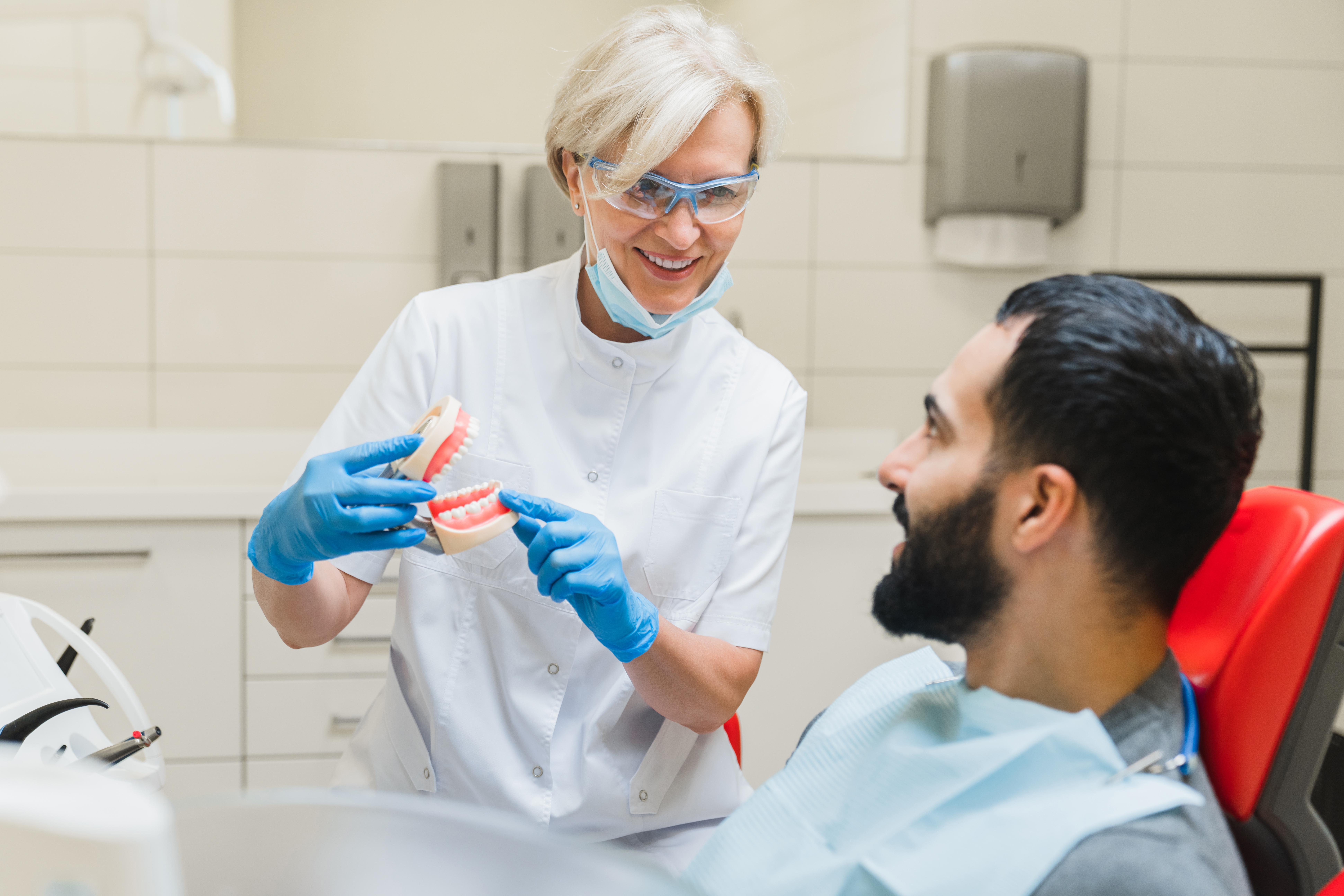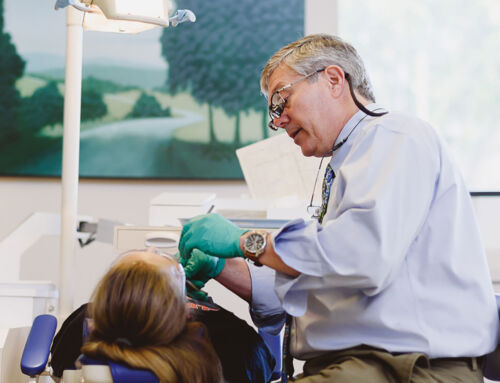Corrections for jaw misalignment come in a variety of solutions, but for the most severe cases of jaw misalignment, orthodontists usually recommend jaw surgery. Jaw surgery, otherwise known as orthognathic surgery, is a procedure that aligns the upper and lower jaws to their proper positions. The surgery itself usually is performed at the end of a phase of orthodontic treatment in which an orthodontist prepares a patient’s mouth for the changes surgery will bring about.
Before committing to the orthognathic surgery process, it’s important to have an understanding of:
- What the orthognathic surgery entails
- If you’re a good candidate for surgery
- Benefits and risks of undergoing the surgery
Orthognathic Surgery Procedure
Orthognathic surgery, or jaw repositioning surgery, involves a multi-step process that begins with orthodontic treatment. Prior to the procedure, the patient will undergo a comprehensive evaluation, including dental and medical exams, imaging studies, and consultations with their orthodontist. The surgery itself may take several hours and is typically performed under general anesthesia. Depending on each individual case, the provider may reposition the upper jaw, lower jaw, or both, using techniques such as bone grafting, cutting or reshaping the bone, or moving the jaw into a new position.
Following the procedure, the patient will be monitored closely in a recovery room and may need to stay in the hospital overnight. Full recovery typically takes several weeks to several months, during which time the patient will be closely monitored by the surgical and orthodontic team.

Who Is A Candidate For Orthognathic Surgery
The best candidates for orthognathic surgery are typically patients with such severe jaw misalignment that it cannot be corrected with more conservative orthodontic treatments such as braces or Invisalign. They may experience symptoms such as difficulty chewing or speaking, chronic jaw pain or headaches, sleep apnea, or even facial asymmetry.
Ideal candidates for the surgery should be in good overall health, have realistic expectations about the outcome of the procedure, and be willing to commit to a period of post-operative recovery and follow-up care. If you are curious about orthognathic surgery, it is important to consult with a qualified orthodontic team to determine whether the procedure is appropriate for your specific needs and goals.
Benefits And Risks Of Orthognathic Surgery
Orthognathic surgery offers significant benefits to individuals with severe jaw misalignment or other structural abnormalities that affect their ability to chew, speak, or breathe properly. By repositioning the jaw, the surgery can improve facial symmetry and aesthetics, alleviate symptoms such as chronic pain and headaches, and enhance your overall oral health and function.
However, as with any surgical procedure, there are potential risks and complications associated with orthognathic surgery, including bleeding, infection, nerve damage, and poor healing. Patients should discuss the potential benefits and risks of the surgery in detail with their orthodontic team and carefully weigh the potential outcomes before deciding to undergo the procedure.
Orthognathic Surgery In North Texas
The jaw correction process can be lengthy and should not be approached lightly, as it is a considerable time and financial commitment. However, the end results will leave you feeling more confident and less riddled with the many frustrations caused by a misaligned jaw, such as sleep apnea, difficulty breathing or chewing, jaw pain and more.
If you wonder whether you are a good candidate for orthognathic surgery, schedule a consultation with Ahava Orthodontics to learn more about what the process may look like for you. Dr. Barron and his team take pride in providing patient centric care for each and every one of their patients and they know how important a major decision like the decision to go ahead with orthognathic surgery is. Call Ahava Orthodontics today at 817-926-9777 to request a consultation appointment.




